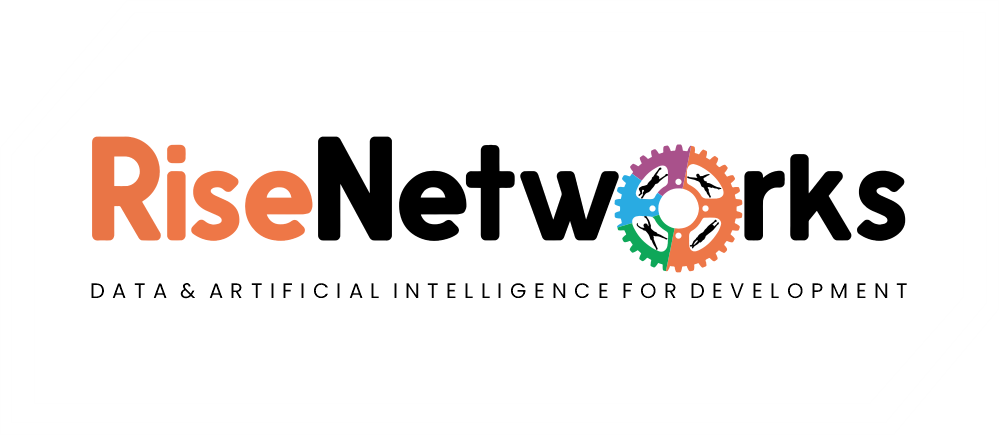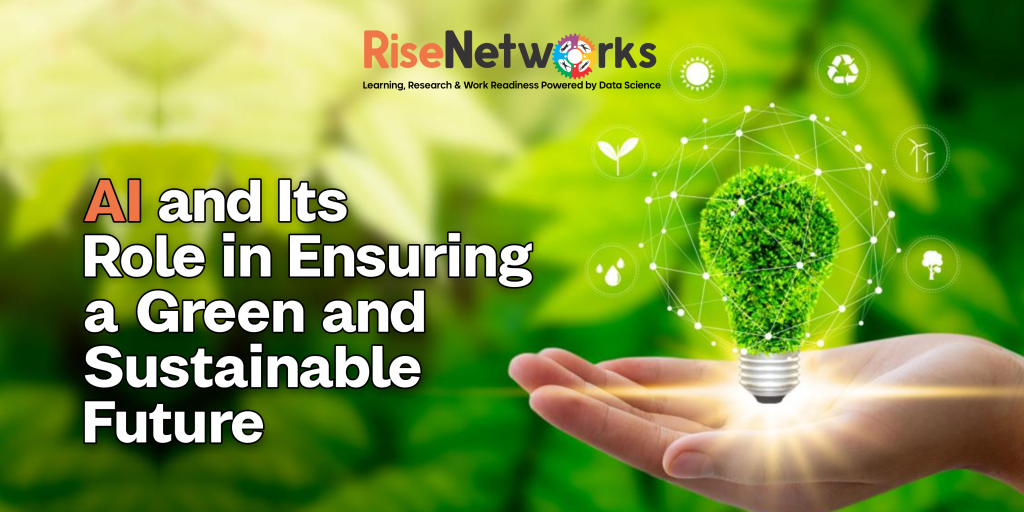Data science and AI continues to upend notions of what is impossible and possible, records are broken, places on earth formerly unaccessible to humans have now been explored by deep see exploration Robots mounted with HD cameras, intricate remote surgeries are now performed by Robots successfully, herculean tasks that were extremely difficult or seemingly impossible for humans have now be made easy with the help of these AI machines, Production lines have sped up production time with the help of AI, the list of achievement by Robots is almost endless, accuracy and efficiency has been brought up to 100%! All this growth and progress is great but is this growth in the right direction? shouldn’t we be talking about how to preserve our planet with the use of AI, and tackle pressing problems that plague the earth like the depleting ozone layer, world hunger and poverty? At the end of the day, these are the only conversions that are useful and would have a positive impact on the whole world.
HOW CAN AI CAN BE USED TO ENSURE A GREEN FUTURE.
What is Artificial Intelligence, and how does it work?
Artificial Intelligence (AI) is the ability of any machine or computer to mimic human characteristics such as learning from examples and experience, identifying things, comprehending and responding to language, making decisions, and solving problems. The machine can execute complex functions such as driving a car by combining these distinct talents.
AI has grown in popularity as a result of its effective implementation in previously unimaginable applications, such as setting up your schedule with Siri or Alexa.
Here are some instances of firms that are embracing AI to help them be more sustainable in the future.
Google utilizes an AI model to minimize the energy load of its resource-intensive data centers, lowering cooling costs by 40%.
IBM is utilizing AI to improve weather forecasting, resulting in 30 percent more accurate predictions. This enables renewable energy firms to better operate their plants, allowing them to maximize renewable energy output while lowering carbon emissions.
Xcel Energy, a coal-burning and nitrous oxide-emitting utility, is employing artificial intelligence (AI) to better predict energy usage trends and adapt its operating systems, resulting in a 20% increase in efficiency.
Carbon Tracker, a climate advocacy think tank, use artificial intelligence to measure coal plant emissions using satellite photography. They use satellite data to direct investments toward ventures with a smaller environmental footprint.
The takeaway is that, while AI provides unprecedented opportunities, these may not always result in a positive outcome depending on the framework in which they are used. For instance: a country with little ethical scrutiny, transparency and democratic measures could lead to AI enabling nationalism, discrimination and undemocratic election results. Better regulatory bodies need to be set up to oversee the development of AI, as its development will strongly influence the future of humanity.

